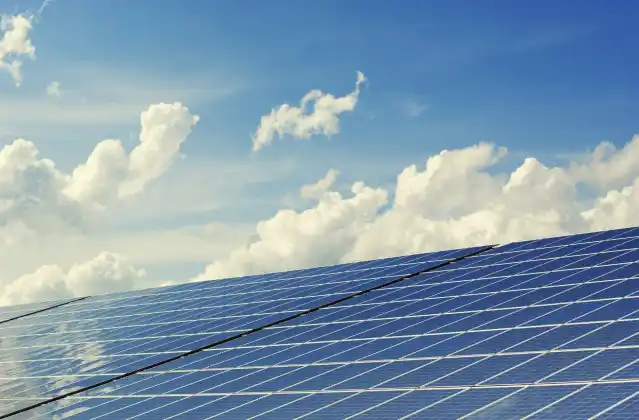Exclusive land use rights have been acquired for the construction of the Tete Solar Power Plant in Mozambique. The rights for the 300 MW project which will be located in the Tete province, were acquired by, Ncondezi Energy.
According to the company, the rights are a key requirement for the project as they reflect both strong local support and the accelerated process it has been running since the positive feasibility study was announced last October.
Hanno Pengilly, CEO of Ncondezi, said that the feasibility study was launched in July last year.
Development of the Tete Solar Power Plant in Mozambique
The facility will be developed on a 950-hectare site that is sufficient for producing up to 500MW for the company’s solar PV and Battery Energy Storage Systems project.
Pengilly claims that, from a transformational viewpoint, Tete Solar Power Plant’s location is important. There are several evacuation paths within the country as well as across the wider southern African region. Also, the project has close access to existing grid networks.
Also Read: Agreement signed for construction of 4 50 MW mini solar power plants in Mozambique
Within the next two months, a preferred transmission solution to link the future solar power plant to the national grid will be publicly disclosed. The project is anticipated to start supplying up to 60 MW of power to the national grid in early 2024.
The solar farm’s production will not only be purchased by Mozambique but also by the Southern African Power Pool (SAPP).
The facility to contribute to Mozambique’s aim to electrify every house by 2030
The government of Mozambique aims to electrify every house in the country by the year 2030, and Ncondezi has positioned itself as a key contributor in that endeavor.
Grid connections and rates of electricity access are major issues in southern Africa. In recent years, countries like South Africa have taken a number of measures to increase grid capacity and enable a larger deployment of renewable energy.
